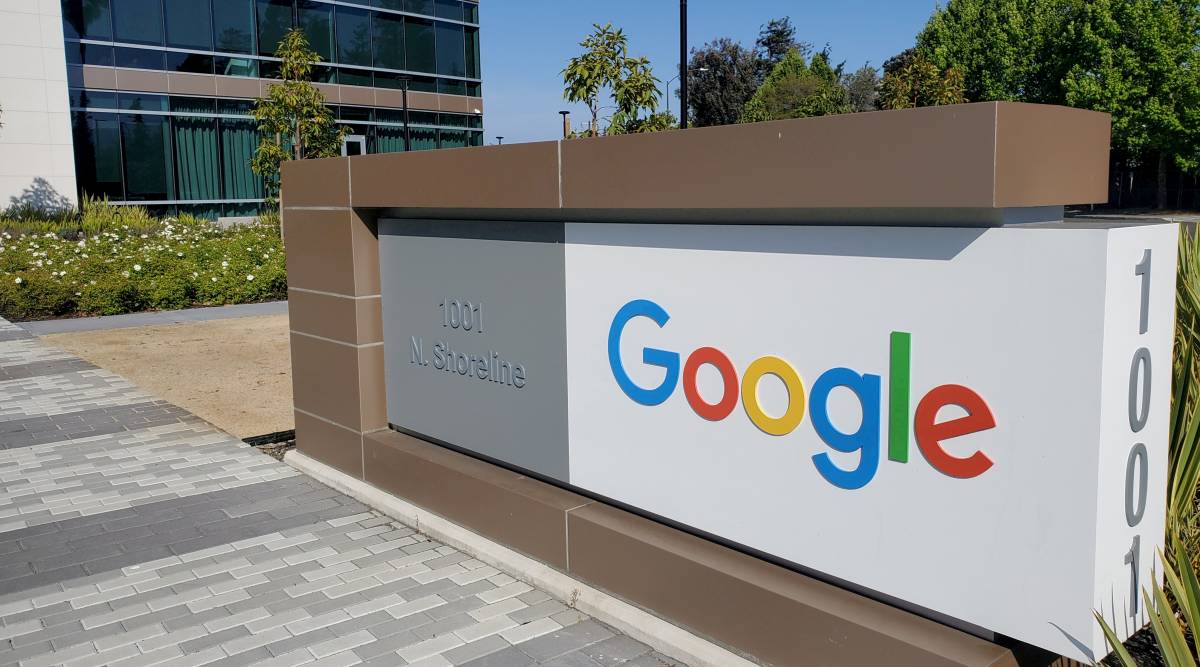For one minute and ten seconds on Tuesday, I labored in a brand new hummus save and took a reservation from a man who punctuated his sentences with “the first-rate” and “um.” “Hi, I’m calling to make a reservation,” the caller stated, sounding like a stereotypical California surfer. Then he came clean: “I’m Google’s computerized booking service, so I’ll report the call. Um, can I ebook a desk for Saturday?”
The guy becomes Google Duplex, the AI-assisted assistant who stirred in May while CEO Sundar Pichai unveiled it at its Google I/O developer conference. That demo, shown in a slick video, turned out so awesome that a few people said it needed to be fake. Not so, says Google (GOOG), which invited clusters of journalists to Oren’s Hummus Shop near its campus in Mountain View for a fingers-on demonstration. We were given an area and an automatic name, and the device’s limits were tested.
As we took turns at the phone—an antique school contraption with a wire—it became clear that Duplex works properly in confined situations. It can tell the number of people in a celebration, ask what times are to be had, and provide simple information like a telephone number. It remains mum if you ask about dietary restrictions and, in a well-mannered way, dodges off-topic questions about the weather.
Related: Google unveils Android P capabilities, Google Assistant updates, and extra.
My reservation turned into for Saturday at 6 pm. I instinctively started the bot as “you” and called it “your reservation,” even though it turned into a fictional fellow named Andrew. The intimate demo was the alternative to the big to-do at I/O, where a girl Duplex voice called a hair salon, impressing the target market with its liberal use of “uh” and “mhmm” without ever disclosing it wasn’t human. Only later did people surprise if it was ethical.

What are the ethics of creating people who assume they speak to a real man or woman? Do offerings like Duplex need permission from the character on the other end before recording the decision? And just how excessive a tolerance do humans have for something that might be used for creepy, even crook pursuits, in distinct palms?
Google has tried to deal with criticism. Duplex now calls itself an “automatic reserving service,” which a few may additionally assume is a human and announces it is recording the decision. Many states, such as California, require each person on the line to provide consent before recording. If agencies are uncomfortable with the concept, they could stop receiving Duplex calls.
Google Duplex
Scott Huffman, the VP of engineering for Google Assistant, conceded that the demo at I/O in May “perhaps made it look a bit too polished.” That’s because Pichai tends to be aware of Google’s grand visions for the future, Huffman said. Tuesday became about the actual world. Duplex is educated simplest to interact with eating places and hair salons — now, not to name customer support. An early version of Duplex that Google performed appeared like a robot channeling a British butler. Now, the device uses herbal-sounding male and girl voices.
Related: Can Google replace photographers with a set of rules?
Nick Fox, the VP of product for Google Assistant, said Duplex peppers conversations with verbal tics to assist conversation development. A properly positioned “um,” for instance, can illustrate to the human that the device continues to listen. You can inform Duplex that something is fishy while it gets burdened over easy, however surprising questions, and it recites phone numbers in a robotic cadence.
If a conversation goes off the rails, a human operator at Google’s call facilities takes over. On Tuesday, Duplex informed a reporter, “I suppose I were given careworn. Hold on, allow me to get my operator,” before handing the decision over to a human.
Google constructed a Duplex that recorded calls between humans and fed the facts into a PC. It used the resulting algorithm to make many human-assisted AI calls earlier than turning the AI lose into a human-stored watch. The business enterprise might now not say how many assessments it has run. Ox says four out of 5 calls in its assessments are absolutely automated without needing assistance from a human operator. Now, it’ll do tests with real humans and organizations. It will start with calls within the next few weeks at approximately opening hours.
Later this summertime, Duplex will make restaurant reservations and hair appointments. The checks might be constrained to an undisclosed quantity of authorized partner restaurants and salons. The product might not be available to the majority yet. Google says it’s doing those demos and sharing updates alongside the way to be greater transparency and cope with issues as they come up. In Google’s global market, Duplex will be so commonplace that perky AI bots might deal with each end of a call while human beings enjoy more free time. As the Duplex man could say, that could be “fantastic.”





